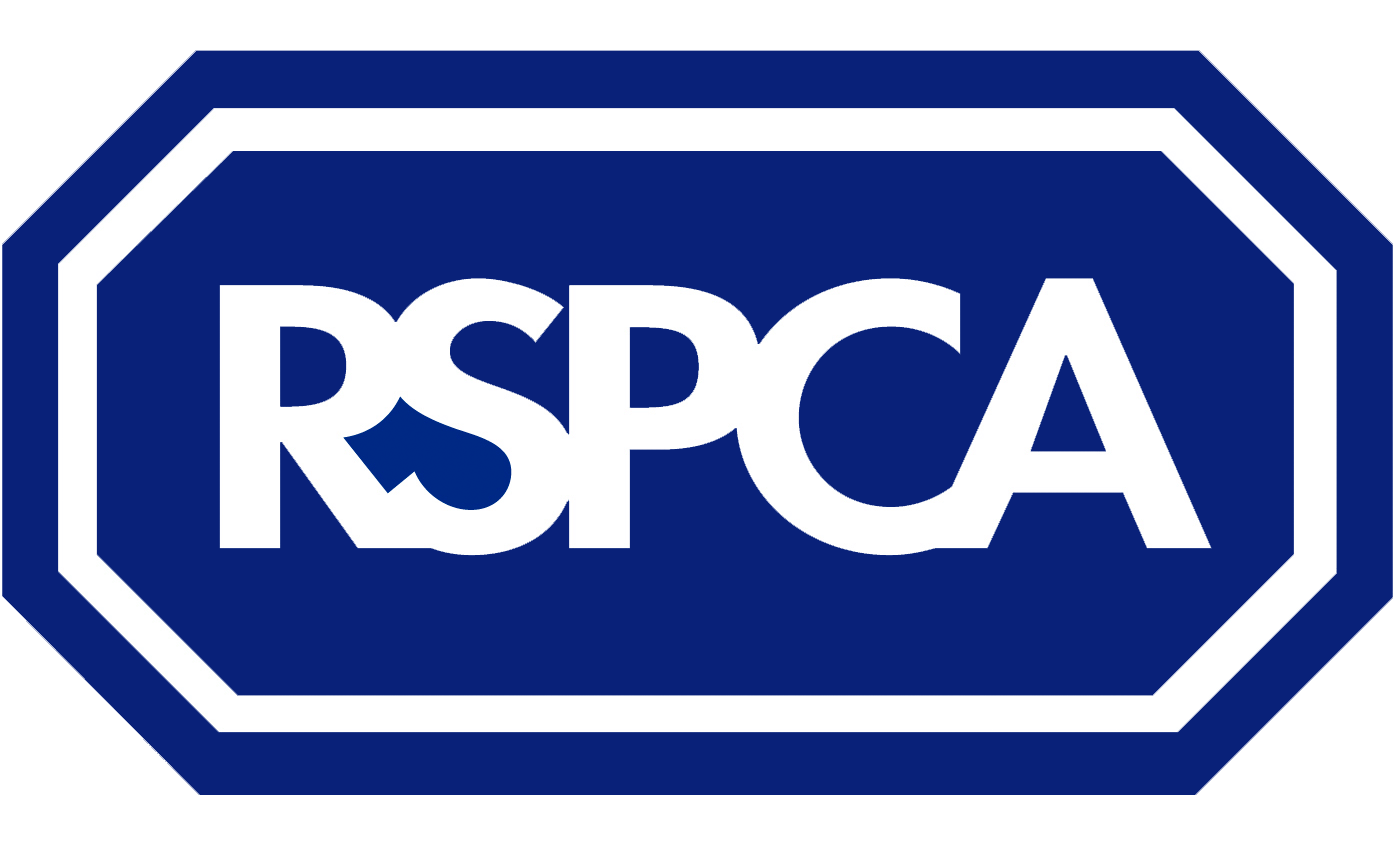RSPCA Cymru is calling on the Welsh Government to commit to the compulsory microchipping of cats – after plans were progressed in England.
The call follows the UK Government’s announcement on the 13 March that there would be compulsory microchipping for owned cats in England.
Under the plans it is to become a legal requirement for cat owners to microchip their cats after 20 weeks of age and to ensure their contact details are stored and kept up to date in a pet microchipping database.
Under the new legislation, cat owners in England will have until 10 June 2024 to microchip their cats. Owners found not to have microchipped their cat will have 21 days to get one implanted or may face a fine of up to £500.
While the Welsh Government’s Animal Welfare Plan promises to “consider extending compulsory microchipping to include kittens and cats”, there has not been any firm commitments or timelines published.
But now following plans in England, RSPCA Cymru hopes the Welsh Government will soon follow suit.
Like in England, microchipping dogs has been compulsory in Wales since 2016.
David Bowles, RSPCA head of public affairs, said: “RSPCA Cymru has long championed the compulsory microchipping of cats. We are really pleased to see the UK Government bringing in this legislation in England and hope the Welsh Government will do the same.
“Microchipping is an absolutely essential component of being a responsible pet owner. Legislation will mean that lost cats can be easily identified and reunited with their owners, rather than being handed to rehoming charities who are struggling with overflowing waiting lists.
“Microchipping dogs has been mandatory for seven years, so to finally see the same law and protections being applied to cats is a huge step forward for feline welfare.
“We have seen innumerable stories of non-microchipped cats that have been hit by a car or strayed who never get reunited with their owner, as well as the happy stories where cats have been reunited with their owners by our dedicated RSPCA officers thanks to this tiny chip. We are hopeful that now we will see more happy stories than sad ones.”
There are 11 million owned cats in the UK and it is estimated that over a quarter of that population is not microchipped*. In 2020, only around 500 cats, out of the more than 3,000 arriving in the RSPCA centres were previously microchipped – which is just 15%.
David added: “Microchipping your cat means that should they be lost, or injured they can easily be returned to you. It is a very easy and painless procedure which involves a tiny microchip being quickly and simply inserted under the animal’s skin and this then gives the pet their own unique code.
“The microchip can be scanned and matched to the owner’s contact details which are kept on a database. We believe the optimum time to microchip a cat is when they are neutered as a kitten at around four-months-old and under anaesthetic.
“If an owner moves house or changes their telephone number they must also make sure that they tell the database they are registered with so that they have up-to-date contact details. If the information on that database is old and out-of-date then the chip is useless. Telling your vet does not automatically update the details on the database but this is something you can do yourself online.”
More information about cat microchipping can be found on the RSPCA website.
Please donate here: Support Carmarthenshire News Online Thank you for supporting independent journalism and contributing to the future of local news in Carmarthenshire. Carmarthenshire News Online has been dedicated to providing unbiased and trustworthy news, free from commercial or political influence. By donating as little as £1, you can help ensure the continuation of this important source of information for the community. Your contribution will have a significant impact on the sustainability of independent journalism. If you're looking to enhance your brand's visibility, we also offer advertising opportunities on our Livestream and podcasts. Our special offers provide excellent value for reaching our engaged audience. To learn more about these opportunities and to discuss your advertising needs, please feel free to call or text us at 07308598604. Thank you again for your support, and together we can ensure the availability of quality local news for Carmarthenshire and beyond.
Please donate here: Support Carmarthenshire News Online







